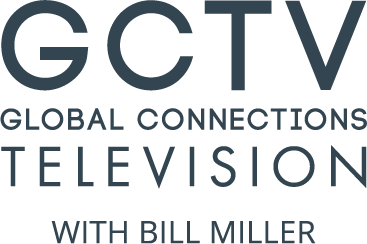Dr. Ashok Gangadean, a world-renowned philosopher, spiritual activist and founder and director of the Global Dialogue Institute highlights the significance of his 1776 Now program, and how the great religious leaders and philosophers, such as Mohammed, Jesus, Plato, Socrates, Buddha and Aristotle, if alive today, would use their teachings to assist in the battles against climate change, gender inequity, assault on democracies, systemic racism and other current problems.
GCTV explores and covers diverse world issues such as hunger, poverty, security, economic development, energy, world health, migration, war, human rights, tolerance and international trade.




















